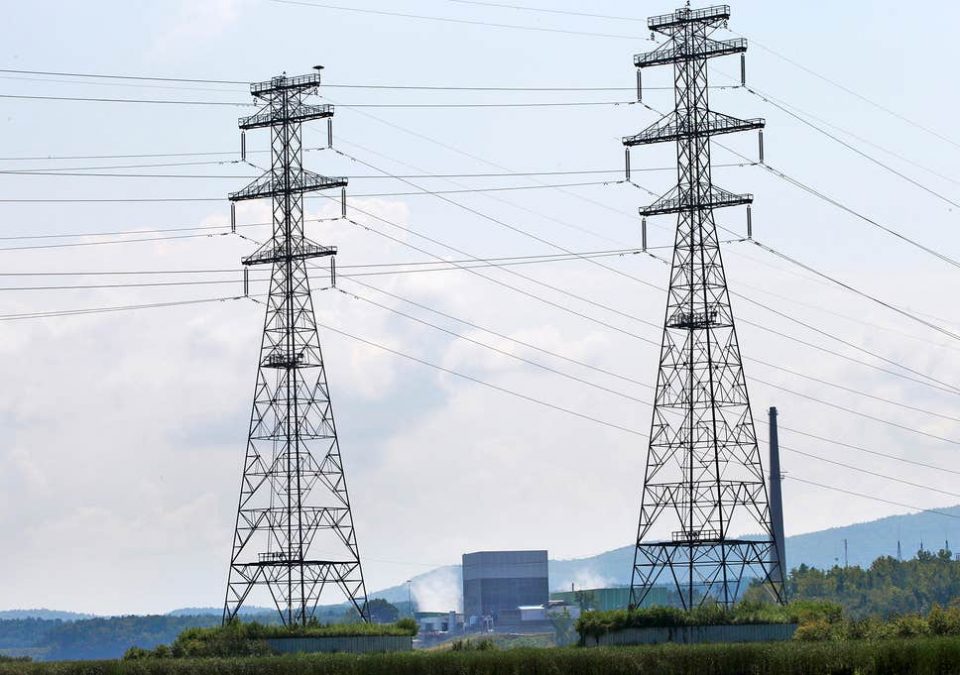
Nigeria Signs Power Deals to Address Transmission Challenges
Nigeria is close to realizing full privatization of electricity generation facilities under the National Integrated Power Project (NIPP) after the government signed an agreement with InfraCredit, to provide up to N300 billion for investors.
Along with the infrastructure credit enhancement deal, the government has also set up a committee for the sale of the remaining 10 companies under the scheme to private investors this year as it seeks to boost power supply in the West African nation.
The disclosure was made by the Director-General of the Bureau of Public Enterprises (BPE), Alex Okoh, during the signing of the Memorandum of Understanding (MoU) with InfraCredit. The company will provide a guarantee of a longer tenor credit of up to 15 years for prospective investors in the NIPPs. The Bureau is also responsible for executing the privatization plan.
According to the DG, the agreement with InfraCredit is aimed at protecting the investments within public corporations while attracting investments from competent investors for long term financing in some of the corporations scheduled for privatization.
Part of the deal sees InfraCredit committing N300 billion worth of finance for the power divestment deals to investors. “InfraCredit intends to partner with the Bureau to de-risk the financial environment, especially with regards to power sector investments. They have a target of achieving N300 billion worth of investment deals within three years,” Okoh revealed.
With this development, the Integrated Power Projects currently managed by the federal government will be handed over to private investors, in a bid to help resolve Nigeria’s electricity deficiency issues.
Also in line with the goal of achieving a relatively stable power supply, the government yesterday signed the Electricity Roadmap Agreement with German-based Siemens at the State House in Abuja. The agreement is said to be an outcome of a meeting President Muhammadu Buhari held with German Chancellor, Angela Merkel on August 31, 2018.
Speaking shortly after signing of the agreement, the president tasked Siemens and other stakeholders in the power sector to work hard to achieve 7,000 megawatts of reliable power supply by 2021, and 11,000 megawatts by 2023.
“My challenge to Siemens, our partner investors in the Distribution Companies, the Transmission Company of Nigeria and the Electricity Regulator is to work hard to achieve 7,000 megawatts of reliable power supply by 2021 and 11,000 megawatts by 2023 in phases 1 and 2 respectively,” President Buhari said.
Buhari further explained that after the transmission and distribution system bottlenecks have been fixed, the government will seek in the third and final phase to drive generation capacity and overall grid capacity to 25,000 megawatts.
On his part, the Chief Executive Officer of Siemens, Joe Kaeser, said the signing of the agreement was a milestone in the relationship between Nigeria and Germany. He revealed that the Egypt megaproject was handled by Siemens, adding that the company had successfully managed to boost Egypt’s power generation capacity by more than 40 percent by connecting 14.4 Gigawatts to the Egyptian national grid.

